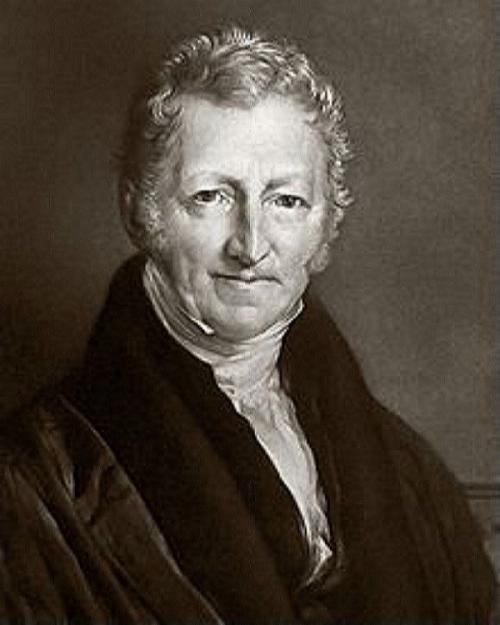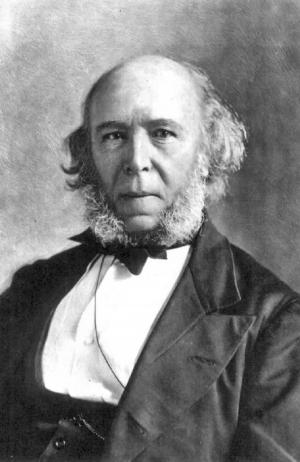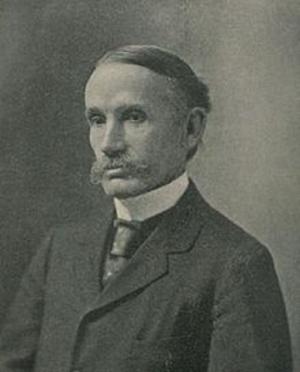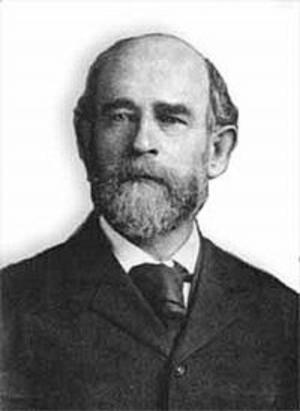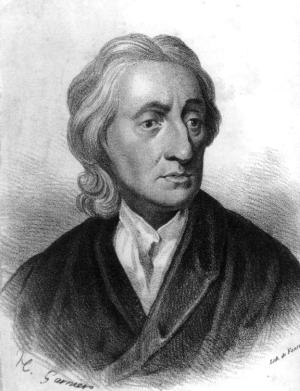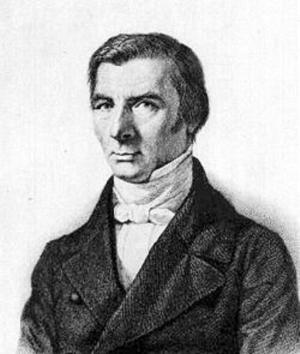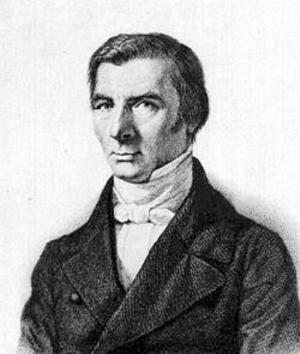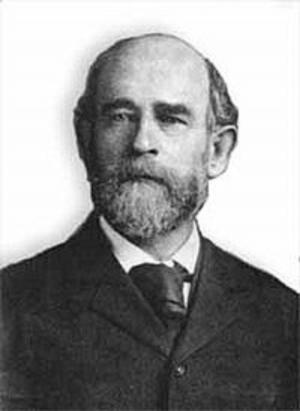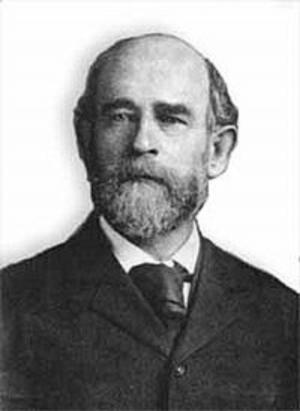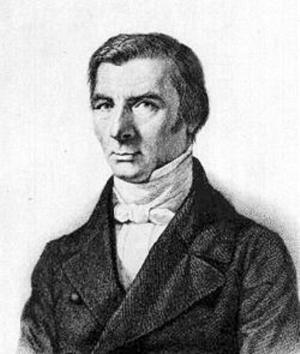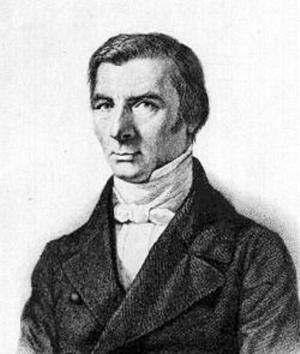Thomas Malthus Classic Collection (Illustrated)
Business & Finance, Economics, Macroeconomics, Theory of Economics| Author: | Thomas Malthus | ISBN: | 1230000271391 |
| Publisher: | AS Team | Publication: | September 30, 2014 |
| Imprint: | Language: | English |
| Author: | Thomas Malthus |
| ISBN: | 1230000271391 |
| Publisher: | AS Team |
| Publication: | September 30, 2014 |
| Imprint: | |
| Language: | English |
The book has an active table of contents for easy access to each chapter of the following titles:
1. An Essay on the Principle of Population: Volume One – Thomas Malthus
2. An Essay on the Principle of Population: Volume Two – Thomas Malthus
3. Principles of Political Economy – Thomas Malthus
4. Definitions in Political Economy – Thomas Malthus
5. Observations on the Effects of the Corn Laws – Thomas Malthus
6. An Investigation of the Cause of the Present High Price of Provisions – Thomas Malthus
7. An Inquiry into the Nature and Progress of Rent, and the Principles by which It Is Regulated – Thomas Malthus
8. The Grounds of an Opinion on the Policy of Restricting the Importation of Foreign Corn – Thomas Malthus
Thomas Robert Malthus was the founding father of population theory of classical economics and his most well-known work AN ESSAY ON THE PRINCIPLE OF POPULATION was initially published in 1798. Malthus was often misinterpreted, but his views became popular again in the 20th century with the advent of Keynesian economics.
Malthus made essential contributions to classical economics and he has been called the most influential classical economist along with Adam Smith, John Keynes, Karl Marx, and John Stuart Mill. John Keynes called him the "first of the Cambridge economists". In The General Theory of Employment, Interest and Money, Keynes praised Malthus's understanding of an economy's difficulties in maintaining full employment.
Malthus founded the population theory of classic economics. He told the world that population would increase in an exponential way. On the other hand, food supply could only increase to a certain point due to the limitation of land productivity and other factors. Are Malthus's ideas totally irrelevant today? Not at all. The fact remains that the world population keeps increasing, and will keep increasing.
An Inquiry into the Nature and Progress of Rent was Malthus’s work to address rent and its regulation that they were favourite subjects of Adam Smith, David Ricardo, and Karl Marx.
Definitions in Political Economy was the last work published in his lifetime. Malthus’s intension of writing the book was to end to multiple uses of terminology which usually led to unnecessary differences of opinion among economists. Having established four basic rules for defining and applying terms, Malthus shows how these are followed or violated by economists, including Smith, Say, Ricardo, James Mill, McCulloch and Bailey.
Definitions in Political Economy is still significant as an early contribution to the methodology of economics to clear terminological confusion.
Malthus’s work also influenced Charles Darwin and John Keynes, two of the greatest thinkers. Charles Darwin pioneered evolution theory through his book On the Origin of Species and his theory influenced not only biology but also economics and sociology.
This is a must-read book for people who are also interested in the deepest thoughts and views about the core economic subjects such as population, supply & demand, employment, and government roles by Thomas Malthus, one of the greatest thinkers on the planet.
The book has an active table of contents for easy access to each chapter of the following titles:
1. An Essay on the Principle of Population: Volume One – Thomas Malthus
2. An Essay on the Principle of Population: Volume Two – Thomas Malthus
3. Principles of Political Economy – Thomas Malthus
4. Definitions in Political Economy – Thomas Malthus
5. Observations on the Effects of the Corn Laws – Thomas Malthus
6. An Investigation of the Cause of the Present High Price of Provisions – Thomas Malthus
7. An Inquiry into the Nature and Progress of Rent, and the Principles by which It Is Regulated – Thomas Malthus
8. The Grounds of an Opinion on the Policy of Restricting the Importation of Foreign Corn – Thomas Malthus
Thomas Robert Malthus was the founding father of population theory of classical economics and his most well-known work AN ESSAY ON THE PRINCIPLE OF POPULATION was initially published in 1798. Malthus was often misinterpreted, but his views became popular again in the 20th century with the advent of Keynesian economics.
Malthus made essential contributions to classical economics and he has been called the most influential classical economist along with Adam Smith, John Keynes, Karl Marx, and John Stuart Mill. John Keynes called him the "first of the Cambridge economists". In The General Theory of Employment, Interest and Money, Keynes praised Malthus's understanding of an economy's difficulties in maintaining full employment.
Malthus founded the population theory of classic economics. He told the world that population would increase in an exponential way. On the other hand, food supply could only increase to a certain point due to the limitation of land productivity and other factors. Are Malthus's ideas totally irrelevant today? Not at all. The fact remains that the world population keeps increasing, and will keep increasing.
An Inquiry into the Nature and Progress of Rent was Malthus’s work to address rent and its regulation that they were favourite subjects of Adam Smith, David Ricardo, and Karl Marx.
Definitions in Political Economy was the last work published in his lifetime. Malthus’s intension of writing the book was to end to multiple uses of terminology which usually led to unnecessary differences of opinion among economists. Having established four basic rules for defining and applying terms, Malthus shows how these are followed or violated by economists, including Smith, Say, Ricardo, James Mill, McCulloch and Bailey.
Definitions in Political Economy is still significant as an early contribution to the methodology of economics to clear terminological confusion.
Malthus’s work also influenced Charles Darwin and John Keynes, two of the greatest thinkers. Charles Darwin pioneered evolution theory through his book On the Origin of Species and his theory influenced not only biology but also economics and sociology.
This is a must-read book for people who are also interested in the deepest thoughts and views about the core economic subjects such as population, supply & demand, employment, and government roles by Thomas Malthus, one of the greatest thinkers on the planet.
